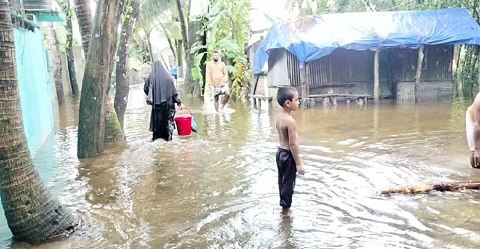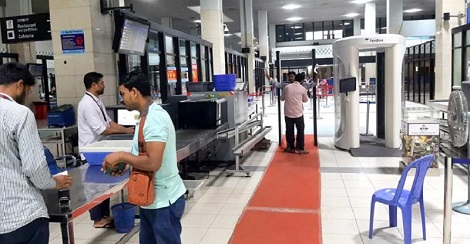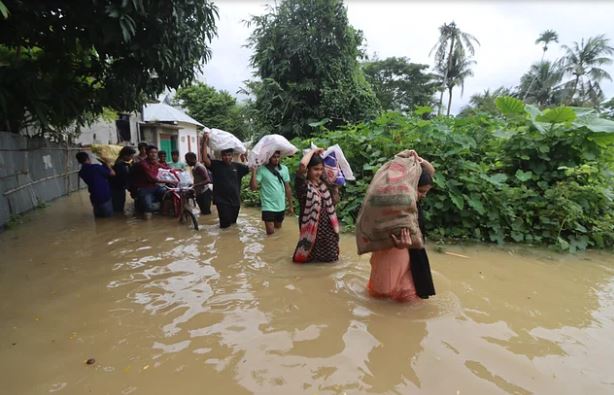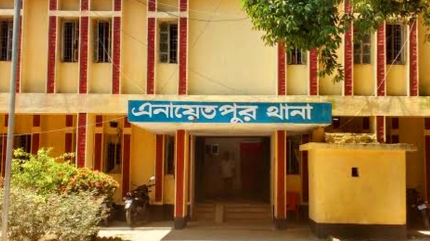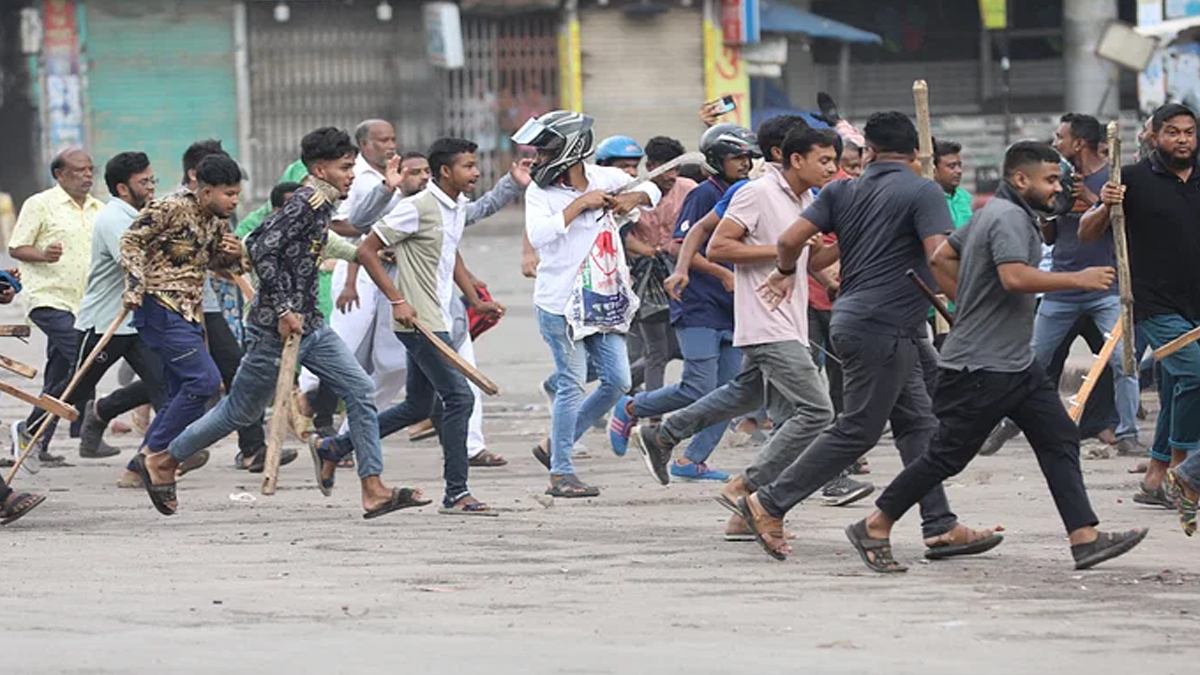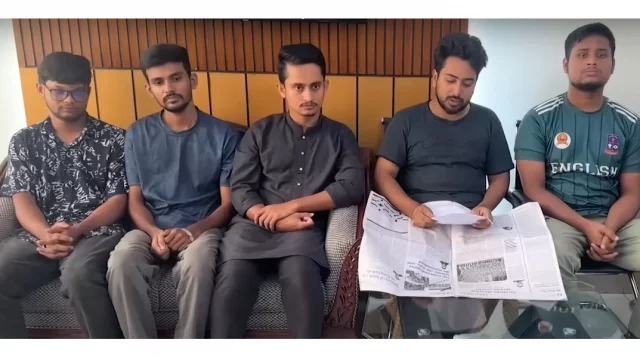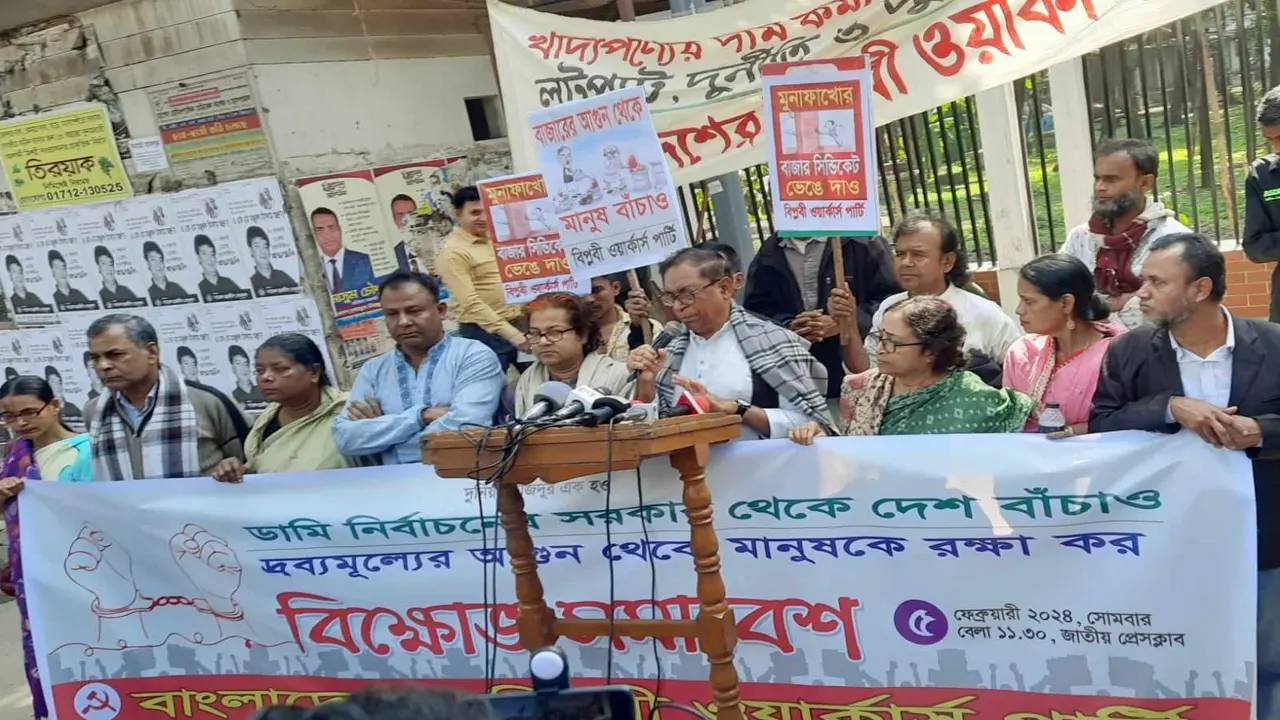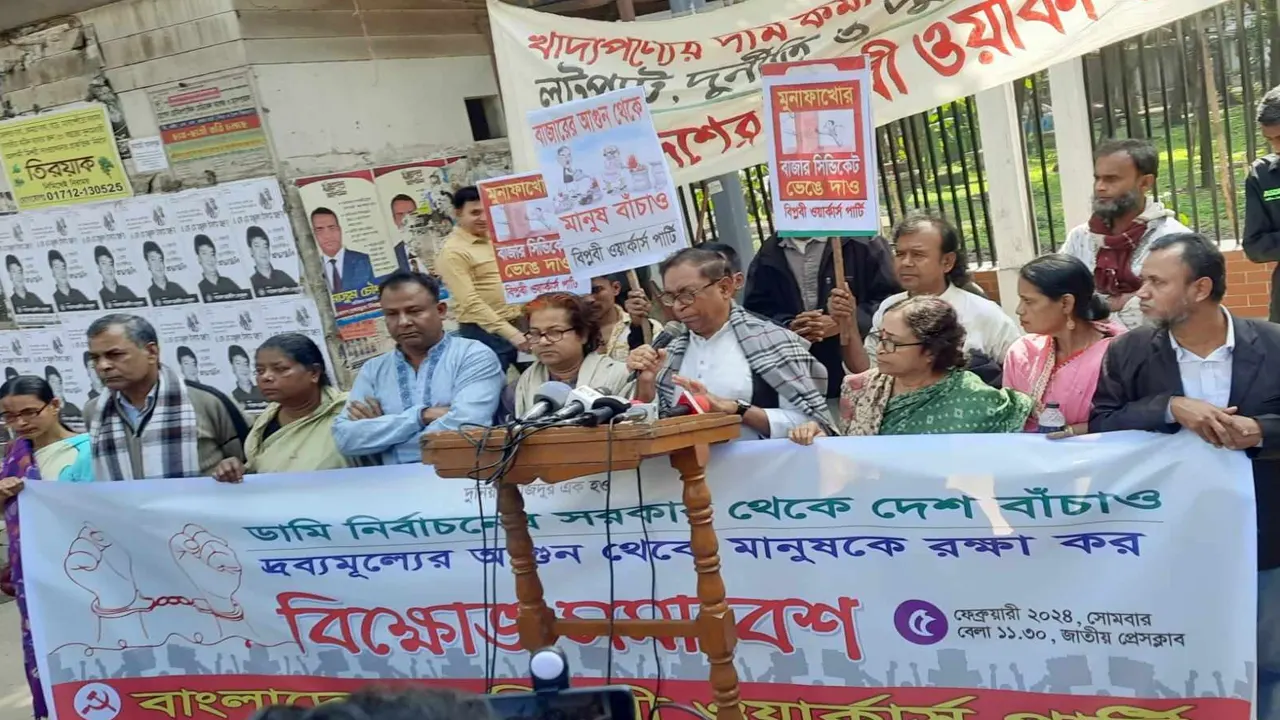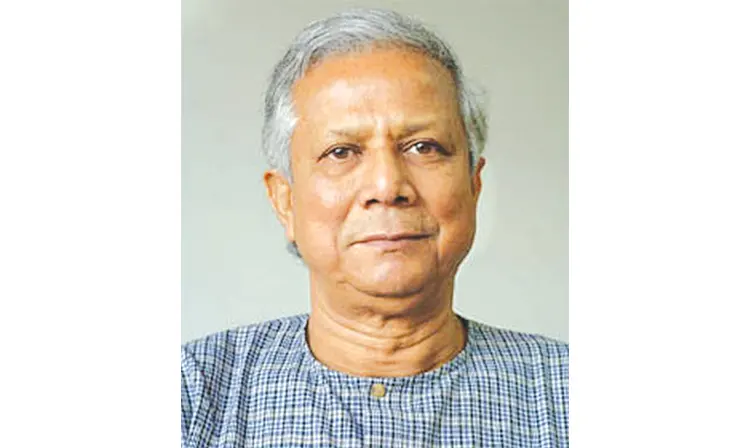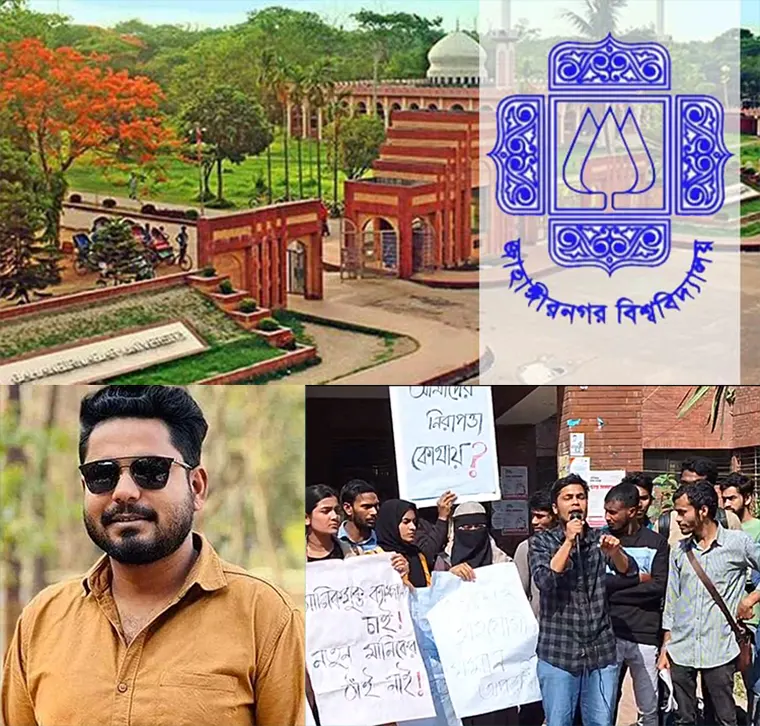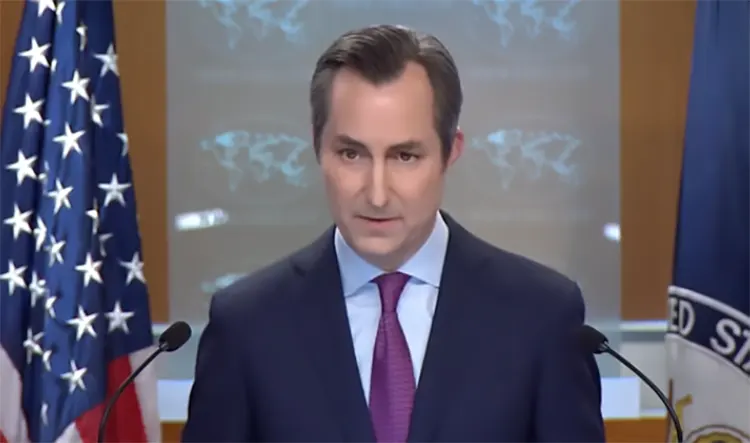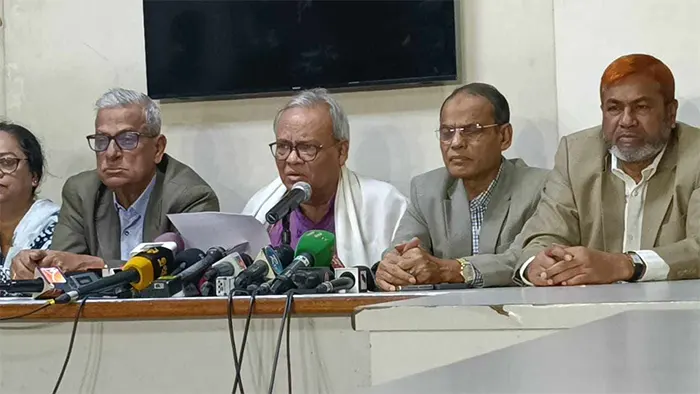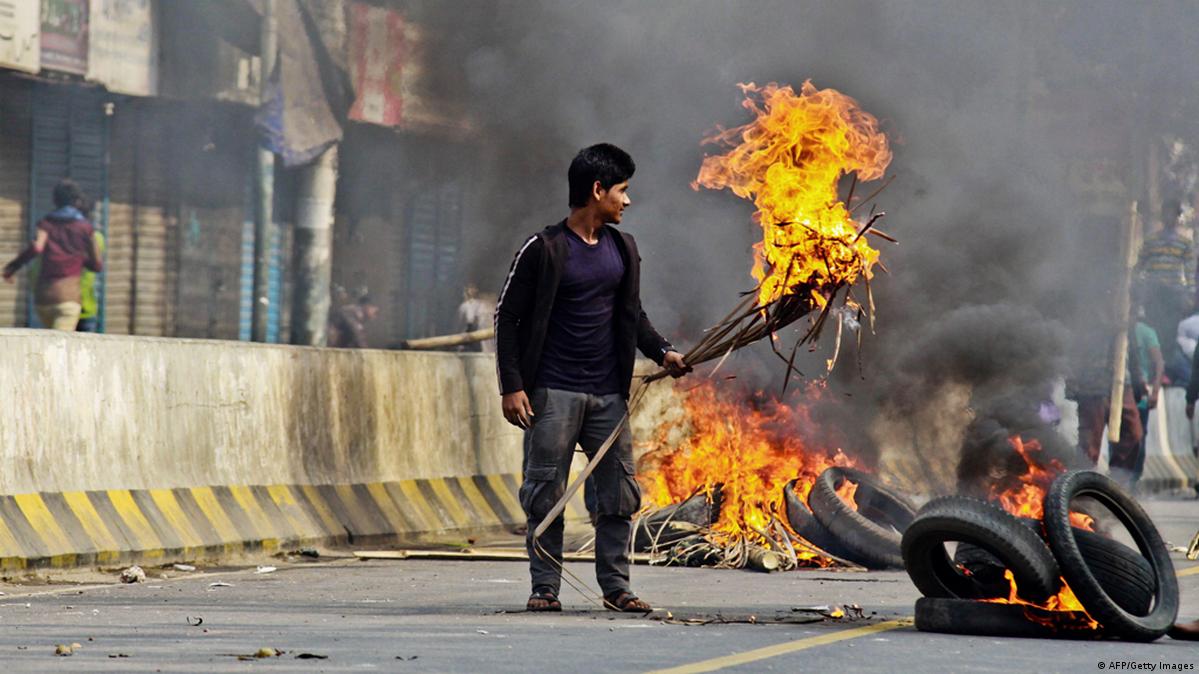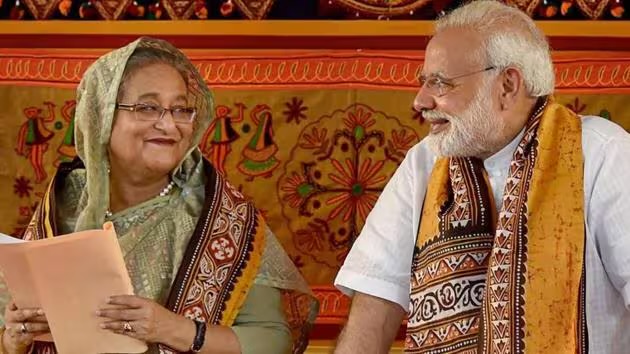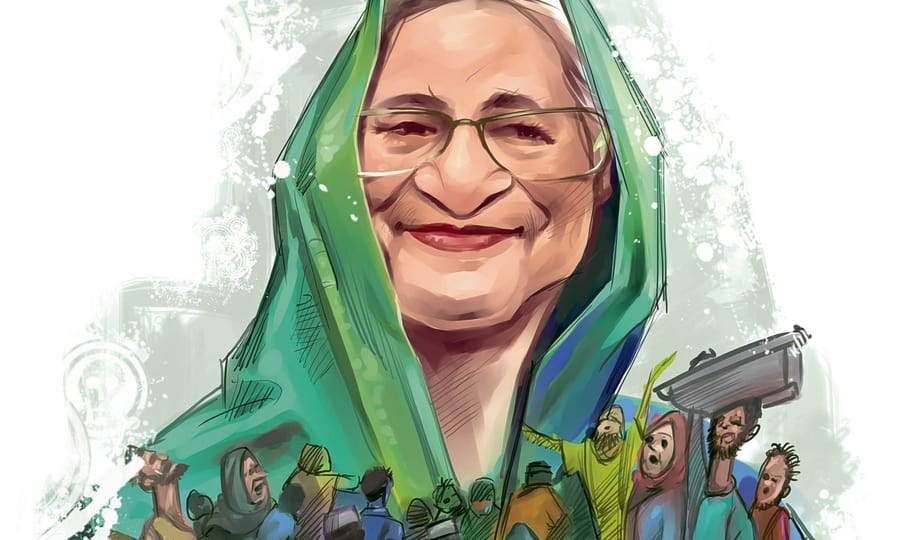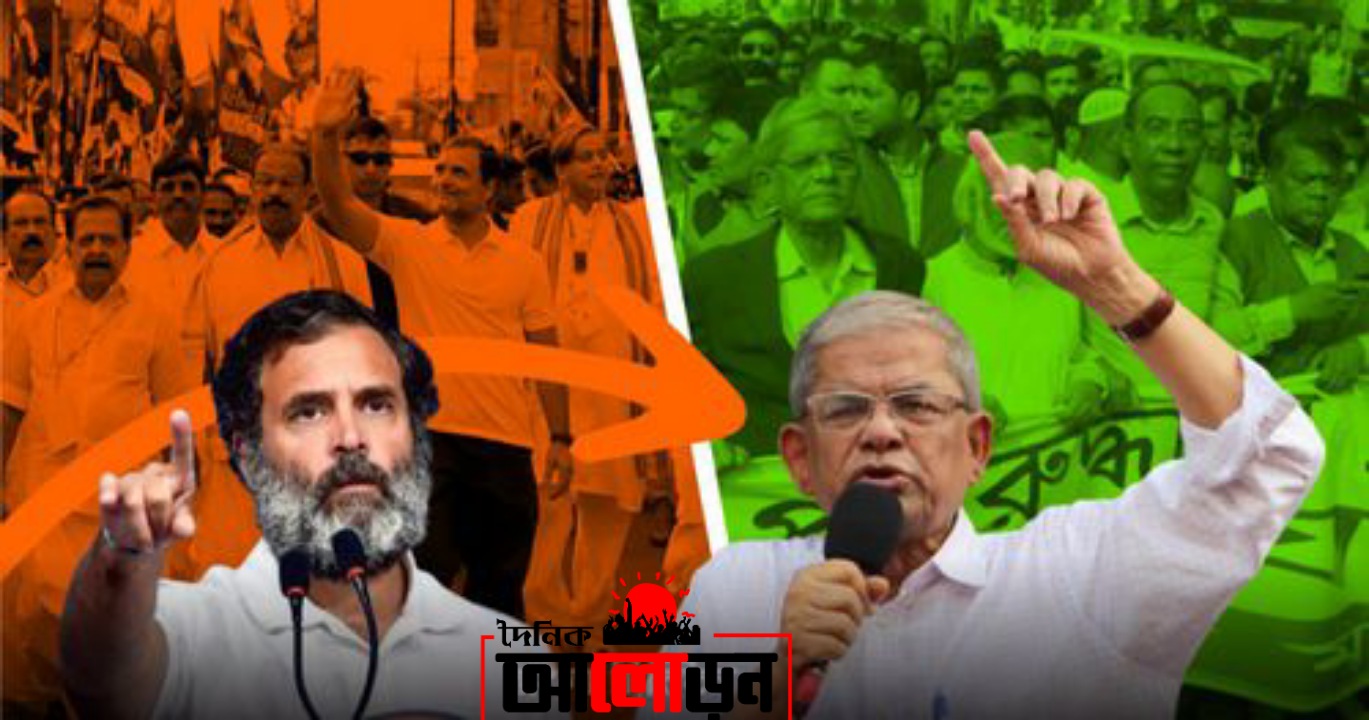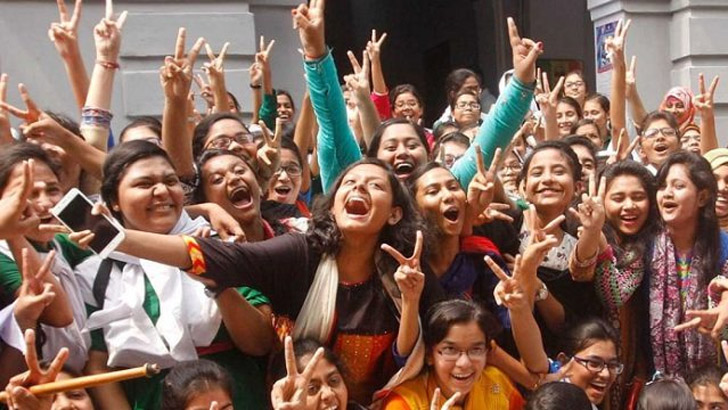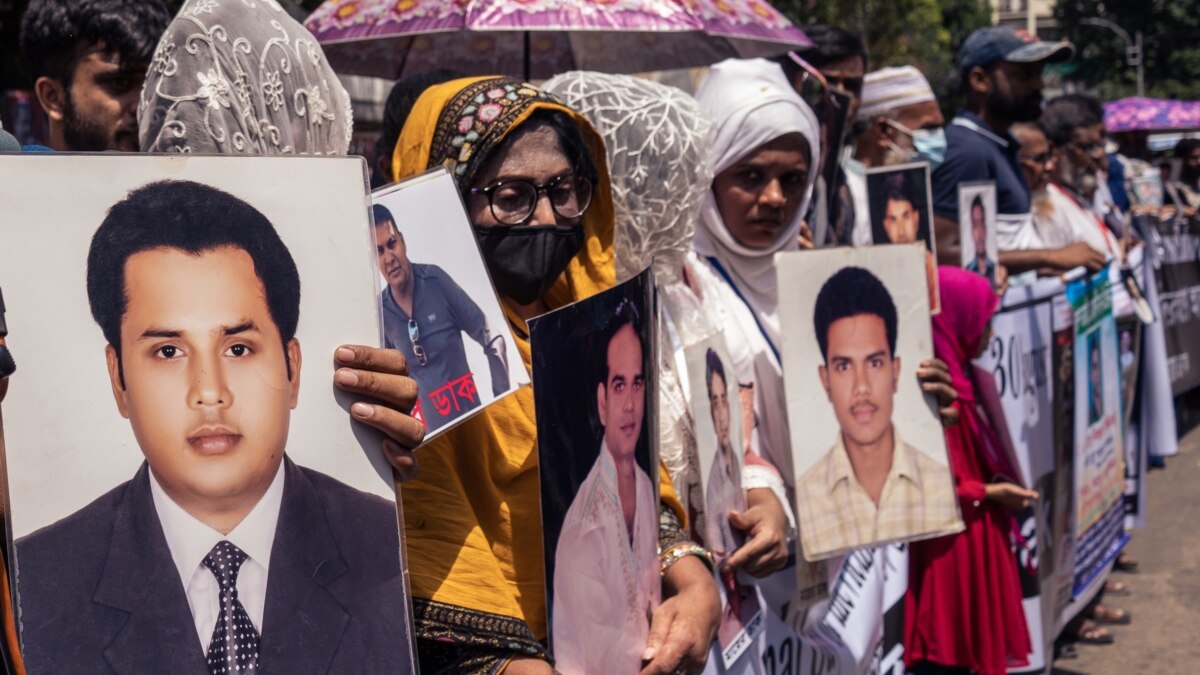
The extrajudicial killings are a serious violation of human rights that has been a matter of concern in Bangladesh for many years. Extrajudicial killings refer to the intentional killing of individuals by the state or its agents without any legal justice, such as trial or due judicial process. These killings often occur in situations where the rule of law is weak, and the government and its security forces operate outside the legal framework.
In Bangladesh, extrajudicial killings have been carried out by various national organizations, including the police, Rapid Action Battalion (RAB), and other security forces. These incidents are often labeled as “crossfire,” “gunfights,” or “encounters.” While the victims are generally portrayed as criminals, there have been instances where innocent individuals have also been killed.
The Bangladesh government has repeatedly denied involvement in extrajudicial killings and claimed that the police and other security forces are committed to upholding the law. However, human rights organizations have documented numerous cases of extrajudicial killings, and there is concern that these killings are directed by the government.
One of the most infamous organizations associated with extrajudicial killings in Bangladesh is the Rapid Action Battalion (RAB). RAB has been accused of being responsible for numerous extrajudicial killings, and it has faced allegations of human rights abuses. Human rights organizations have documented incidents of torture, extrajudicial executions, and sexual violence by security forces in Bangladesh.
A major contributing factor to extrajudicial killings in Bangladesh is the weak governance of the law. The judicial system is often slow and inefficient, and there is a lack of accountability in both the police and the judiciary. This has fostered a culture of impunity where security forces believe they can operate outside the law without facing consequences.
The use of torture by security forces in Bangladesh is also a cause for concern. Human rights organizations have documented cases of electric shock, beatings, and sexual violence used as methods of torture. Torture is often employed to extract confessions or obtain information.
In conclusion, extrajudicial killings in Bangladesh are a severe violation of human rights, and the government’s denial and lack of accountability contribute to the persistence of this issue. Addressing this problem requires strengthening the rule of law, ensuring accountability for security forces, and fostering a culture of respect for human rights in both the government and society.
Writer: Apurbo Ahmed Jewel
